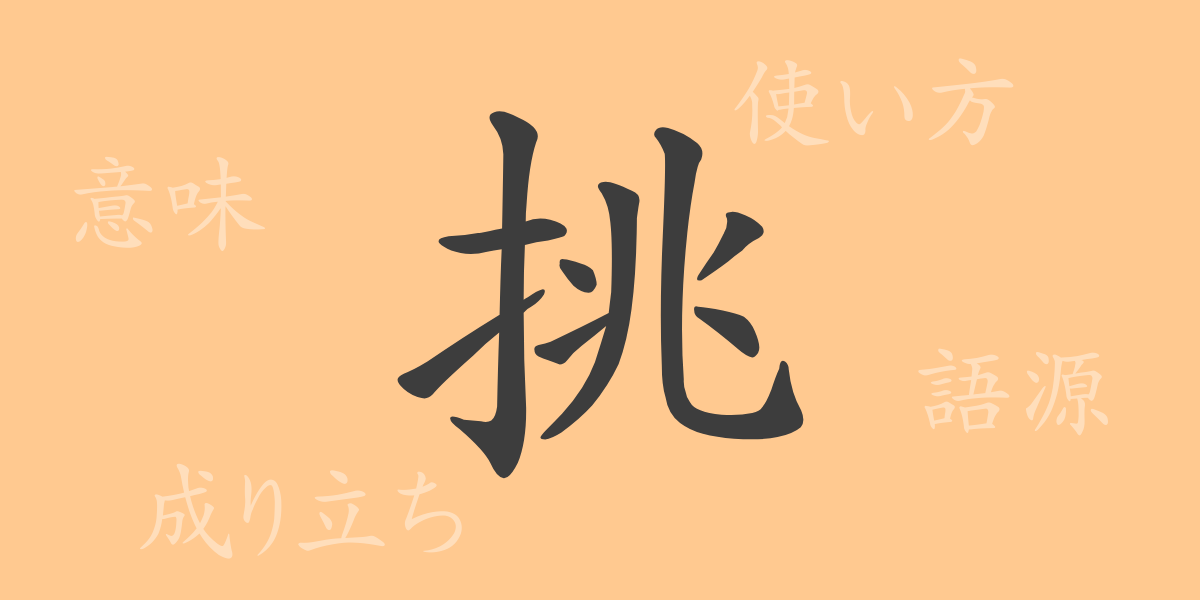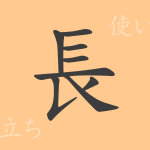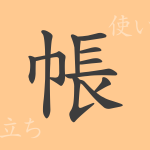The beauty and complexity of the Japanese language is embodied in each of its kanji. Among these, the kanji ‘挑(ちょう)’ possesses a dynamic history and significance, often seen in everyday life. This article focuses on ‘挑’, exploring its origins, usage in modern Japanese, and its role in various idioms and phrases, enriching our understanding and appreciation of Japanese expression.
Origins of ‘挑(ちょう)’
The kanji ‘挑’ originated in ancient China, combining the radical ‘扌'(てへん), which signifies ‘hand’, with ‘少’, meaning ‘a little’. Initially symbolizing ‘to touch slightly with the hand’, it evolved to signify the act of ‘challenging’, expanding further to encompass meanings like challenge and provocation, representing actions taken against others.
Meaning and Usage of ‘挑(ちょう)’
‘挑’ primarily means ‘to challenge’ or ‘to provoke’. It denotes the act of boldly undertaking a goal or task, or stimulating an opponent to elicit a reaction. Commonly used in contexts such as ‘taking on a new project’ or ‘an athlete provoking a rival’.
Readings, Stroke Count, and Radical of ‘挑(ちょう)’
The kanji ‘挑’ offers insights into the richness of Japanese expressions through its pronunciation and structure.
- Readings: On’yomi ‘チョウ’, Kun’yomi ‘いど・む’
- Stroke Count: A total of 10 strokes.
- Radical: 扌(てへん) – indicating actions performed with the hand.
Idioms and Phrases Using ‘挑(ちょう)’
Various idioms and phrases incorporating ‘挑’ reflect its unique meanings:
- 挑戦(ちょうせん): Actively engaging with new goals or challenging tasks.
- 挑発(ちょうはつ): Deliberately inciting a reaction by provoking someone.
- 挑む(いどむ): Approaching a difficult challenge with courage and determination.
- 火中の栗を拾う: Taking on challenges fearlessly for others, or meddling in others’ disputes as an analogy.
Conclusion on ‘挑(ちょう)’
The kanji ‘挑’ symbolizes a spirit of challenge and proactive action as indicated by its form and meanings. A staple in Japanese language, it embodies our attitude of boldly facing new endeavors. Through this exploration, understanding the deep history and meanings of ‘挑’ enhances its use in everyday life, enriching our expressions and interactions.

























